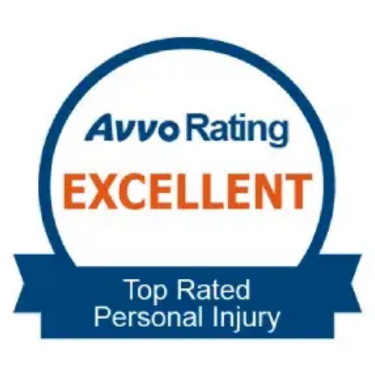A Guide to Basic Workers’ Compensation Terms
In order to be well-prepared for your workers’ compensation case, it is important that you become acquainted with some of the terminology that is commonly used throughout these cases. Being informed and having a skilled attorney on your side are two of the most essential components to success with your workers’ comp claim.
Glossary of Terms Used in Workers’ Compensation Cases 
- Accident Date: It is important to pinpoint the exact date on which an injured worker suffered their injury. The injured worker has the burden of proving the exact date he or she was injured. Without an exact date of injury, a worker will not succeed in their claim. This is different in the case of an occupational disease, such as carpal tunnel syndrome. In occupational injury cases, a claimant must be aware of when they had first notice and knowledge of their condition and when it caused “disablement, ” which can be lost time or even a modification of your job.
- Causal relationship: When a worker is injured on the job, there must be a causal relationship between the accident and the body part injured. The accident must have caused the injury. However, if an accident or compensable event causes a pre-existing condition to worsen, that worsening could be covered as well. In occupational disease cases, the occupational disease must be “caused by the specific job.” It is not sufficient if the job aggravated the condition or contributed to it; it must have been “caused by” the job, unlike injuries from an accident or singular event.
- Vocational Rehabilitation Services: These services are services intended to return a worker to suitable gainful employment. Suitable gainful employment is defined by an individual’s past wages and functional ability, as well as the labor market. These services are utilized when an injured worker is unable as a result of a work-related injury to return to their past work. Rehabilitation services can be a variety of things, such as the use of a vocational consultant or job counselor assisting an injured worker in searching for a suitable job. In some cases, vocational rehabilitation services may include retraining.
- Loss of wage earning capacity: This term is often used or defined as industrial loss. In some cases where an injury has resulted in an injured worker’s inability to earn the same wages he or she was earning at the time of the accident, this factor may come into play when a decision is made as to the level of disability assigned in a particular case.
- Negligence: It is important to understand that an employer is not responsible for injuries that a worker may have suffered as result of the employer’s negligence. These injuries are covered by the Workers’ Compensation Act. However, if during the course of employment a worker is injured as a result of another’s negligence or the negligence of a co-worker, there may be a separate cause of action. A common example: if a worker is operating a motor vehicle in the course of their employment and they are involved in an accident that is not their fault, they would have a separate cause of action against the negligent driver as well as a Worker’s Compensation claim.
Learning more about the words and workings that go into a workers’ compensation claim will help you to be better prepared as you discuss your case with your attorney.
We have four offices across Maryland and Virginia with trained legal professionals ready to assist you. Please CALL US at 1-800-243-2439 to be directed to the closest Jenkins Block & Associates location to you.
Please feel free to visit our homepage or contact our experienced attorneys to discuss your case.
Learn more about Jenkins, Block and Associates and stay up-to-date with our latest news on our Facebook, Twitter, LinkedIn, and Google+ pages.


